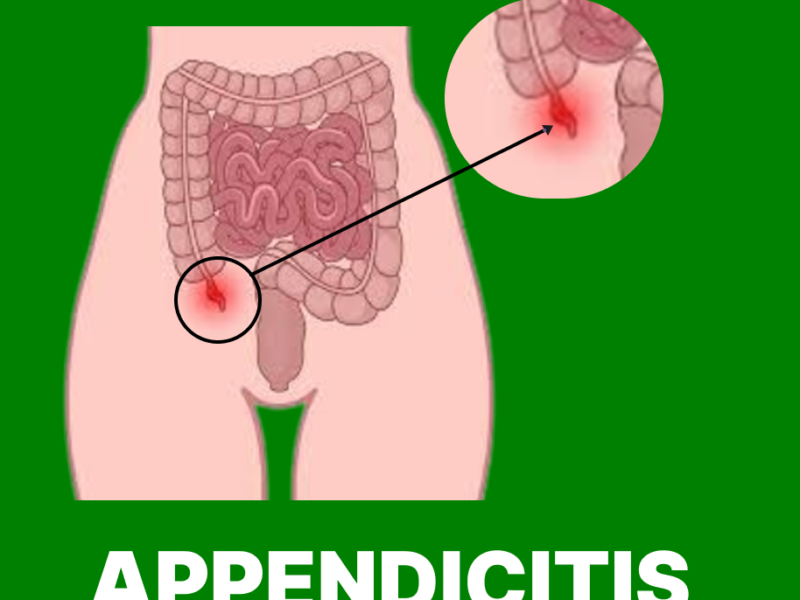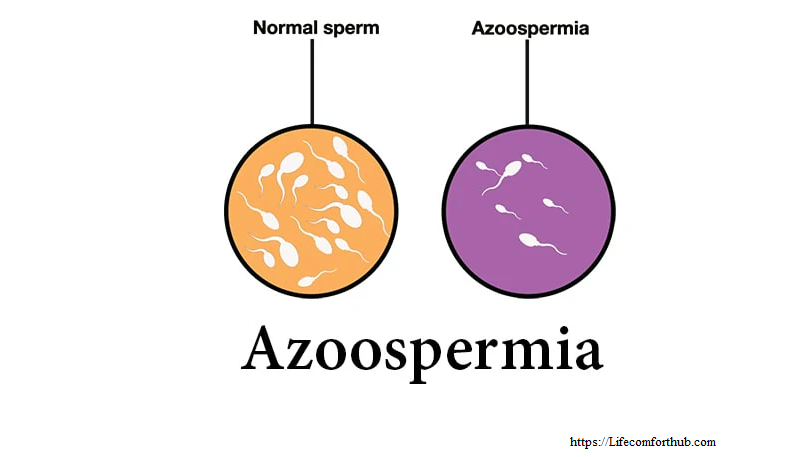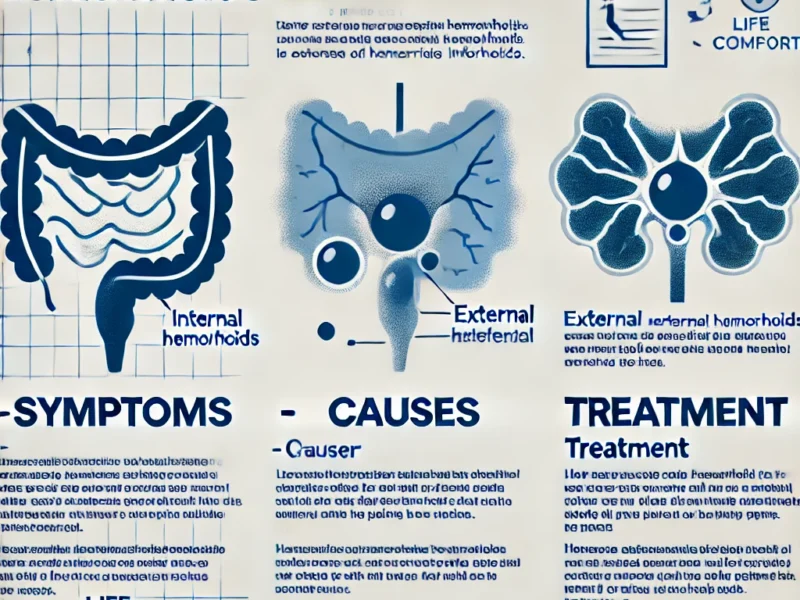Overview
Dementia is a condition that affects the brain, making it hard for people to remember things, think clearly, or make decisions. It’s more common in older adults but is not a normal part of aging.
Contents
What is Dementia? | Symptoms of Dementia | Causes of Dementia | Diagnosis of Dementia | Treatment for Dementia
What is Dementia?
Dementia is a term used to describe a group of symptoms that affect a person’s memory, thinking, reasoning, behavior, and ability to carry out daily activities. It is not a specific disease, but rather a general way of describing a serious reduction in mental ability that is severe enough to interfere with everyday life.
People with dementia often struggle with remembering recent events, solving problems, expressing themselves clearly, understanding what others are saying, or completing familiar tasks like cooking or managing money.
As the condition gets worse, they may also experience personality changes, emotional outbursts, or unusual behavior. In the most severe stages, individuals may need full-time assistance with basic tasks such as eating, bathing, or getting dressed.
It usually develops gradually and becomes worse over time. While it mostly affects older adults, especially those aged 65 and above, it is not a normal part of aging. In fact, many people live well into their 80s or 90s without any signs of dementia. However, research shows that about one-third of people aged 85 or older may have some form of it.
Types of Dementia.
I think you should know these, although they are not particularly classified as types but i believe they should be highlighted for you:
-
Alzheimer’s Disease
Alzheimer’s is the most common type and also cause of dementia, responsible for 60–70% of cases. It starts gradually, often with short-term memory loss, like forgetting names, conversations, or where things were placed. As the disease progresses, it affects reasoning, language, and the ability to carry out daily tasks.
Abnormal protein build-up in the brain causes it, disrupting communication between brain cells and eventually leading to their death. Over time, the brain shrinks, and the person may need full-time care.
-
Vascular Dementia
This type of dementia arises from reduced blood flow to the brain, typically due to strokes or damage to blood vessels. When parts of the brain don’t get enough oxygen, cells die, and thinking becomes harder. People with vascular dementia might have trouble with decision-making, concentration, or organizing things, rather than memory at first. The symptoms often appear suddenly after a stroke, but they can also develop slowly over time if there’s ongoing damage.
-
Lewy Body Dementia (LBD)
Lewy body dementia is caused by abnormal protein clumps (called Lewy bodies) in the brain. These affect both thinking and movement. People with LBD often have visual hallucinations, they might see things that aren’t there. They can also experience changes in alertness throughout the day, stiffness, slow movements, or tremors similar to Parkinson’s disease. Because of the wide range of symptoms, LBD can sometimes be mistaken for Alzheimer’s or Parkinson’s early on.
-
Frontotemporal Dementia (FTD)
Frontotemporal dementia affects the front and sides of the brain — the areas responsible for personality, behavior, and language. It often shows up earlier than other types of dementia, sometimes between the ages of 45 and 65. A person with FTD might start acting inappropriately, become socially withdrawn, or lose interest in things they used to care about. They may also have trouble speaking or understanding language. Unlike Alzheimer’s, memory might stay okay in the beginning.
-
Mixed Dementia
Mixed dementia means that more than one type of it is present at the same time, most commonly Alzheimer’s along with vascular dementia. This is especially common in older adults. Symptoms may overlap, like for example, memory problems from Alzheimer’s and thinking or planning difficulties from vascular dementia. It can be hard to diagnose without a brain scan or autopsy, since the symptoms blend together.
-
Parkinson’s Disease Dementia
Parkinson’s disease can sometimes lead to dementia as it progresses. In the early stages of Parkinson’s, most people deal with movement problems like tremors or stiffness. But over time, some may also develop memory problems, confusion, or trouble concentrating — especially in the later stages. This is considered Parkinson’s disease dementia when cognitive decline appears more than a year after movement symptoms.
-
Reversible (or Treatable) Dementia-Like Conditions
Not all memory problems or confusion are permanent. Some conditions can cause symptoms that look like dementia but can actually be treated. For example, low vitamin B12, thyroid problems, certain infections, depression, or side effects from medications can all cause memory issues or changes in behavior. Once the underlying issue is treated, the symptoms can improve or even go away entirely.
Dementia is different from Alzheimer’s Disease, they may look similar but are definitively different from each other.
Symptoms of Dementia
Dementia affects each person differently, but it always involves a decline in brain function that interferes with everyday life. These changes happen because once-healthy brain cells (neurons) become damaged, lose their ability to communicate, and eventually die. While some loss of neurons is normal with aging, dementia causes a much more serious and widespread breakdown in brain activity.
One of the earliest and most common symptoms of dementia is memory loss, which is especially short-term memory. People may start forgetting recent conversations, appointments, or events. They may repeat questions or statements without realizing it. Everyday items like keys, wallets, or phones may be misplaced, sometimes in unusual places like the freezer or a shoe box. These memory lapses aren’t just occasional, they tend to happen more frequently and affect day-to-day life.
As dementia progresses, more signs begin to show. There might be confusion about time, place, or familiar surroundings. A person might lose their way while walking or driving in a neighborhood they’ve known for years. Tasks that used to be routine like paying bills, planning meals, or operating a TV remote, can become confusing or frustrating. Language also becomes harder to manage: finding the right words, following conversations, or expressing thoughts may take more effort or lead to misunderstandings.
Beyond memory and thinking, dementia also affects behavior, emotions, and social interactions. People may show changes in moods, feeling anxious, withdrawn, sad, or even angry without clear reason. Personality shifts can happen too, such as becoming more irritable, suspicious, or impulsive. Some individuals may lose interest in hobbies, stop engaging with others, or act inappropriately in social settings. They might become less aware or concerned about how their actions affect others.
In more advanced stages, symptoms grow worse. Cognitive skills reduce further, certain judgments weakens, and decision-making becomes more difficult. Completing basic tasks, like brushing teeth, getting dressed, or preparing food, may require help. Speech can become limited, and understanding others might be challenging. Some people may even experience hallucinations (seeing or hearing things that aren’t there), delusions, or paranoia.
Physical abilities also decline. Some people lose balance, coordination, or fine motor skills, making it harder to walk or perform simple movements. Sleep patterns may change. In the later stages, people may no longer recognize loved ones, have trouble swallowing or using the bathroom, and need full-time support for personal care.
It’s also important to note that signs of dementia can appear differently depending on the person and the specific type of it. People with intellectual or developmental disabilities may already have certain limitations, making it harder to notice the early stages. In those cases, close observation of any changes in abilities, routines, or personality is key.
Causes Of Dementia
- In 2021, 57 million people had dementia worldwide, over 60% of whom live in low-and middle-income countries. Every year, there are nearly 10 million new cases.
- Dementia results from a variety of diseases and injuries that affect the brain. Alzheimer disease is the most common form of dementia and may contribute to 60–70% of cases.
- Dementia is currently the seventh leading cause of death and one of the major causes of disability and dependency among older people globally.
- In 2019, dementia cost economies globally US$ 1.3 trillion, approximately 50% of these costs are attributable to care provided by informal carers (e.g. family members and close friends), who provide on average 5 hours of care and supervision per day.
- Women experience higher disability-adjusted life years and mortality due to dementia, but also provide 70% of care hours for people living with dementia.
Sources
-
National Institute on Aging (NIA) – U.S. Department of Health & Human Services
https://www.nia.nih.gov/health/alzheimers-and-dementia -
Alzheimer’s Association
https://www.alz.org/alzheimers-dementia/what-is-dementia -
Mayo Clinic
https://www.mayoclinic.org/diseases-conditions/dementia/symptoms-causes/syc-20352013 -
Cleveland Clinic
https://my.clevelandclinic.org/health/diseases/9170-dementia -
World Health Organization (WHO)
https://www.who.int/news-room/fact-sheets/detail/dementia -
Centers for Disease Control and Prevention (CDC)
https://www.cdc.gov/alzheimers-dementia/index.html






1 comment